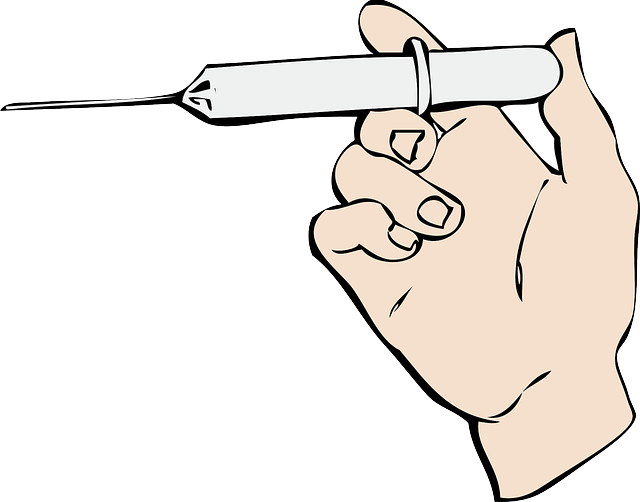Valneva SE today announced the successful completion of its Phase II study for its prophylactic vaccine candidate VLA84 targeting primary prevention of C. difficile infection (CDI), which is emerging as a leading cause of life-threatening, healthcare-associated infections (HAIs) worldwide.

Valneva previously announced positive top-line data from the Phase II study at the end of 2015. These initial results, which included data up to Day 56 following initial vaccination, were presented at the American Society of Microbiology’s annual meeting, ASM Microbe 2016, on June 17 in Boston. VLA84 was immunogenic at all doses and formulations tested, in that Immunoglobulin G (IgG) and functional (neutralizing) antibody responses were observed. The study met its primary endpoint in terms of identifying the dose/formulation with the highest seroconversion rate against both toxins A and B and confirmed the favorable safety profile observed in Phase I.
Final Phase II results included the follow-up of study participants until Day 210. This long-term data confirmed the optimal vaccine dose and formulation that had been previously identified (high-dose formulation without adjuvant) with an immunogenicity profile at Day 210 in line with expectations. Long-term safety concerns were not seen in any of the different vaccine doses tested.
Thomas Lingelbach, President and CEO, and Franck Grimaud, Deputy CEO of Valneva, commented, “We are pleased with the positive final data generated in this Phase II trial and believe that our C. difficile candidate has the potential to address a growing unmet medical need. Infections caused by C. difficile are responsible for almost 30 thousand deaths every year in the US alone. There is currently no vaccine on the market that can protect patients and we are determined to find a partner to advance our vaccine candidate further.”
Valneva’s C. difficile Phase II trial was a randomized, placebo-controlled, observer-blind multi-center trial designed to further study and confirm the candidate vaccine’s safety, immunogenicity and proposed doses of immunizations in two different age groups (50 to 64 years of age and 65 years of age and older). The trial was conducted in Germany and the United States under an Investigational New Drug application (IND) and enrolled 500 volunteers who were randomized in several study groups: low-dose vaccine without adjuvant, high-dose vaccine with or without adjuvant (Aluminium hydroxide), or placebo.
Valneva confirmed Phase III readiness through an independent Scientific Advisory Board (SAB) and is ready to support an end-of Phase II meeting (EOP2 meeting) with the regulatory authorities once the final Phase III design has been agreed with a partner. As announced previously, Valneva expects to enter into a partnering agreement for this program by year end 2016.
Currently, no vaccine against C. difficile is approved and antibiotic treatment of the established disease has significant limitations with recurrence in approximately 20% of cases. The incidence of nosocomial infections is steadily increasing due to the growing number of medical interventions. Valneva estimates that the total market potential for prophylactic C. difficile products may exceed $1 billion annually

